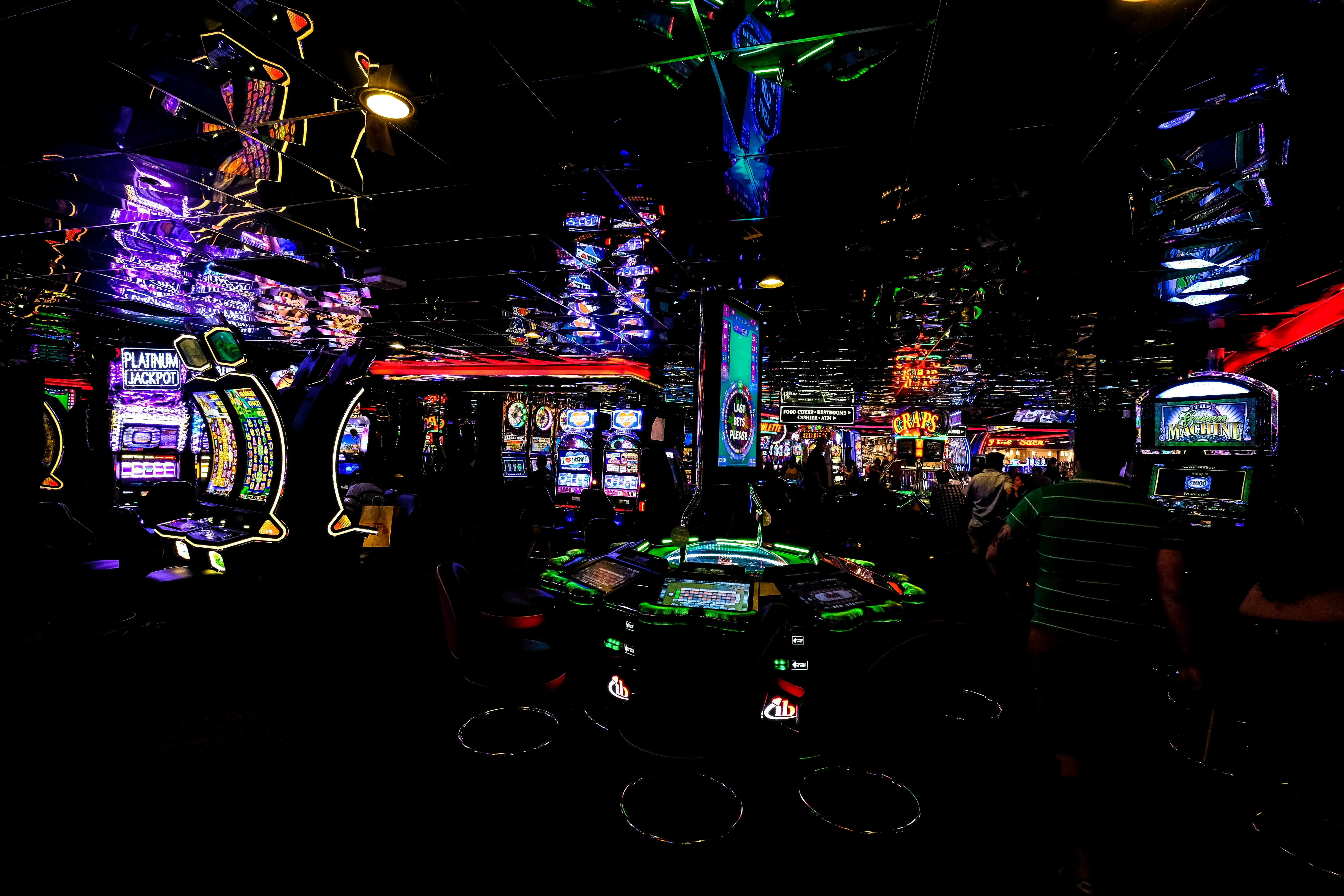The Global Evolution of Gambling: From Venetian Salons to Neon Capitals
Gambling is one of humanity’s oldest pastimes, evolving from rudimentary dice in ancient marketplaces to the glittering integrated resorts of today. What began as a simple diversion has grown into a sophisticated global industry, reflecting changes in society, economy, and culture across the centuries.
Earliest Beginnings: More Than a Game
Long before casinos existed, gambling was deeply woven into the social and spiritual fabric of early civilizations. Archaeologists have found dice fashioned from animal bones in Mesopotamian ruins, while ancient Chinese records mention games of chance used in ritual divination. In India, the epic Mahabharata revolves around a fateful dice game that alters the course of a kingdom, illustrating how high the stakes could be—long before chips were ever stacked on a table.
The World’s First Casino: Control in Venice
While gambling was widespread, it was often informal and unregulated. That changed in 1638, when Venice—a city known for commerce and carnival—opened the Ridotto. Housed in the Palazzo Dandolo, it was the first government-sanctioned gambling house. Designed to bring order to the chaotic betting that flourished during carnival season, the Ridotto enforced strict entry rules, catering exclusively to the wealthy. Its success marked a turning point: gambling was no longer just a hidden vice but a controlled, profitable enterprise. Though it closed in 1774 due to moral opposition, its model of regulated luxury gaming lived on.
Las Vegas: The Desert Mirage
Fast forward to the 20th century: as gambling was outlawed across the United States, Nevada took a different path. The legalization of gambling in 1931 planted the seed for what would become the entertainment capital of the world. The real transformation began in 1946, when Bugsy Siegel opened the Flamingo Hotel, blending high-stakes gambling with Hollywood glamour. This set the template for the themed mega-resorts that followed—from the Roman-inspired Caesars Palace to the dancing fountains of the Bellagio. Las Vegas became more than a gambling destination; it was a fantasyland of shows, fine dining, and luxury, where the casino was the heart of a much larger experience.
Macau: The East Rises
While Vegas ruled the West, Macau—a Portuguese colony until 1999—quietly built its own gambling identity. Legal since the 19th century, the industry was dominated for decades by Stanley Ho’s monopoly. But when the government ended that monopoly in 2002, global operators rushed in. The result was explosive growth. Lavish properties like The Venetian Macao and Wynn Palace redefined luxury, catering especially to the high-roller culture of mainland Chinese clients. By the mid-2000s, Macau had not only caught up with Las Vegas—it had surpassed it, becoming the highest-grossing gambling hub on Earth.
A New Era of Entertainment
What began with bone dice and Venetian ridotti has evolved into a multi-billion-dollar sector where gambling is just one part of a larger offering. Today’s resorts are designed as comprehensive entertainment destinations, appealing to families, couples, and convention-goers alike. As the industry continues to expand into digital spaces and new markets, one thing remains constant: gambling’s ability to adapt, entertain, and captivate—a roll of the dice that never seems to go out of style.
